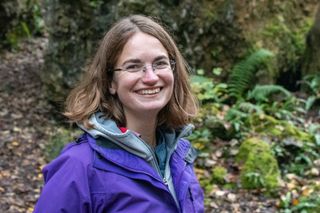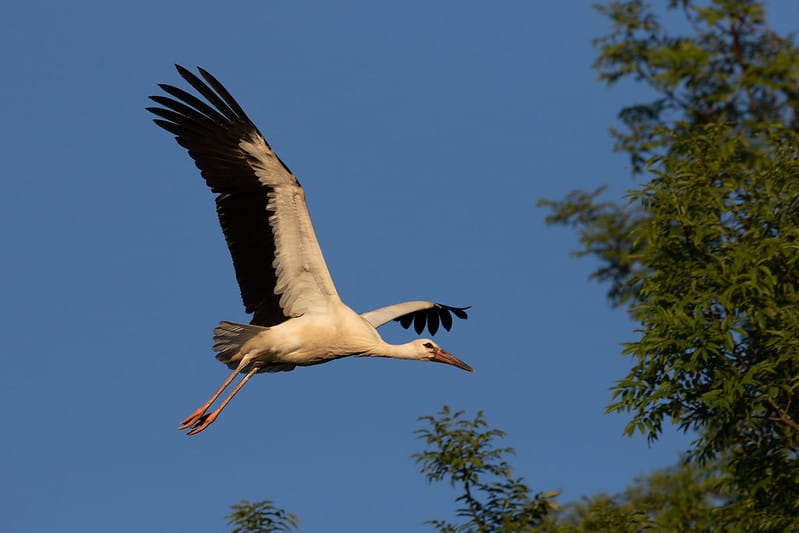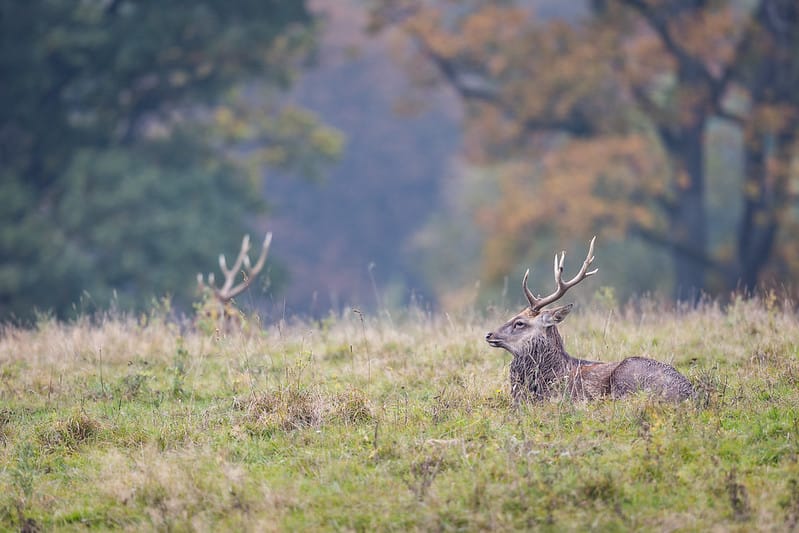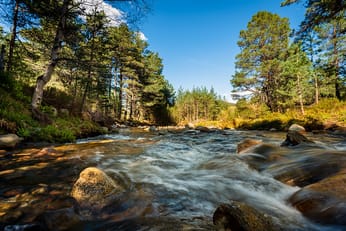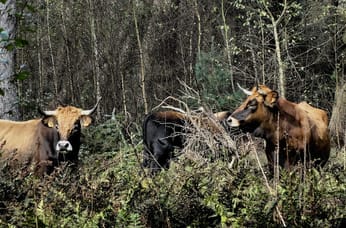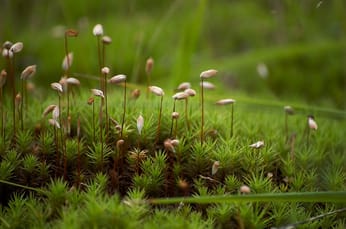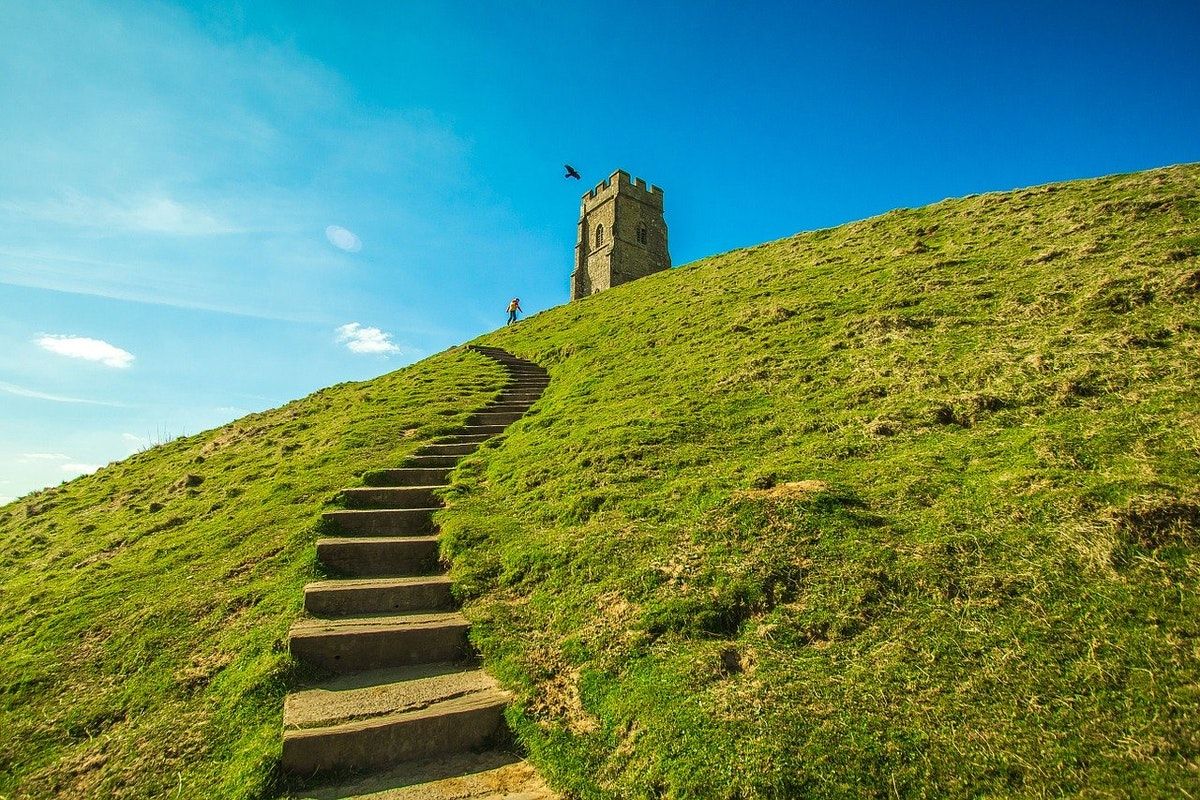
"That’s the whole point of magic. It’s elusive."
An interview with Jini Reddy on her new book, Wanderland.
Britain does not have Indigenous people.
While many feel a close connection to the land, as farmers or hikers or birdwatchers, there is no equivalent to the Nunak of the Amazon or the Inuit of the Arctic, many of whom still live in tandem with the patterns of the natural world. Nonetheless, perhaps it is possible to see the British landscape from this perspective; it is a question that travel writer Jini Reddy explores in her new book, Wanderland.
“On my travels, I’d had opportunities to meet people from Indigenous cultures and I was always struck by the way that, for these people, it was perfectly natural to enter into a reciprocal relationship with the forces of nature – an animate nature,” she says. “I’ve been wanting to know for a while, and it became a deeper need, whether somebody like me, without any special gifts, might be able to experience a glimpse of the landscape in this way. That set me off on the trail of the book.”
Throughout Wanderland, the idea of “magic” becomes shorthand for this intimate way of knowing nature. Anyone familiar with British folklore and literature will know that magic has a special place in the history of the landscape: the country is peppered with reminders of saints and dragons and relics, green men and the Holy Grail. And who hasn’t visited a stone circle on their summer holidays?
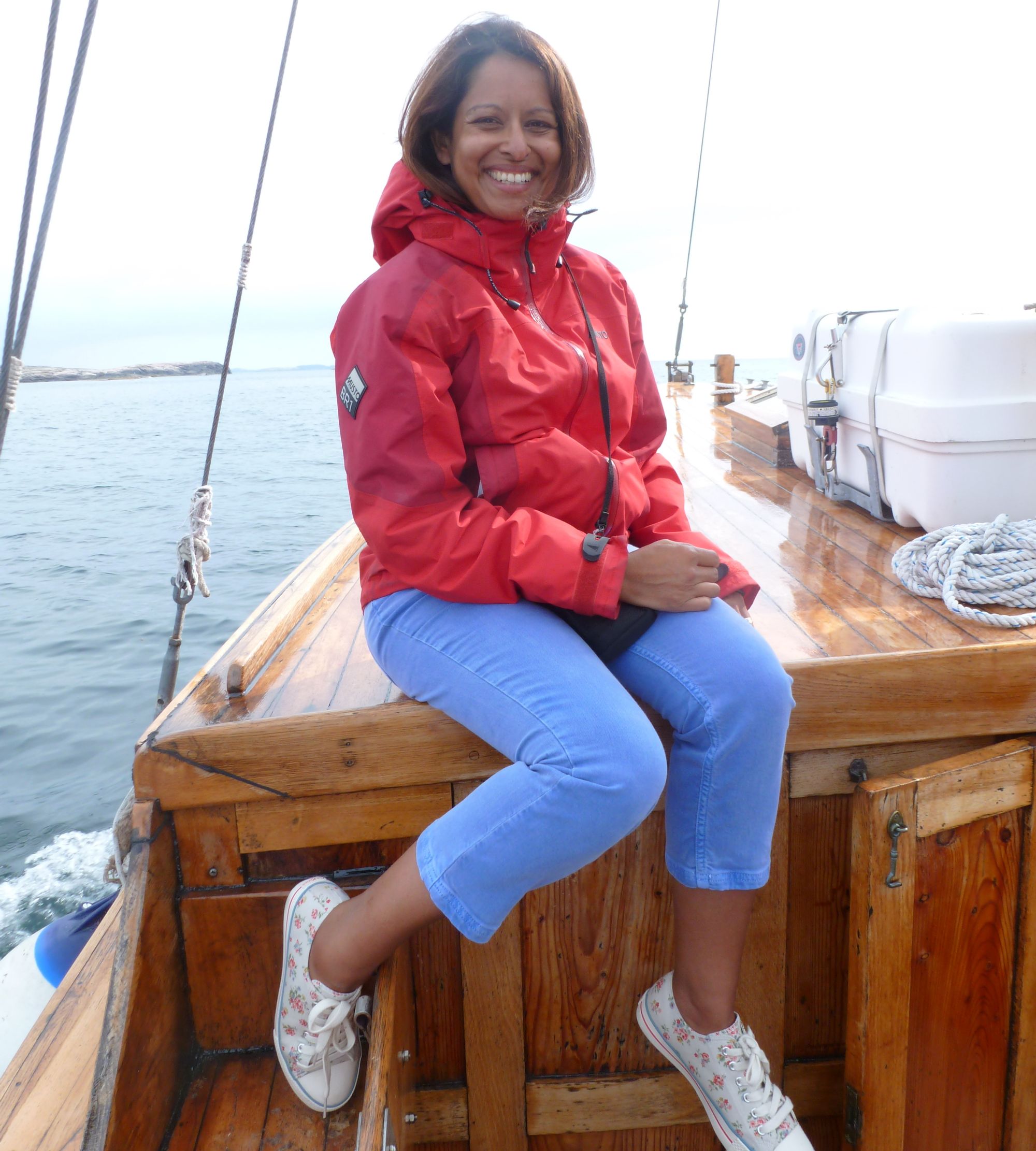
But this is not the kind of magic that Reddy is writing about. In the book, she stresses that she feels an “ambivalence” towards these ancient stories. “I have come to the conclusion that a natural affinity for British folklore just isn’t part of my DNA,” she muses.
Instead, the book is about finding that quality in the landscape that is difficult to articulate. “I’m looking for what I cannot see but which my heart tells me is there and alive and sentient,” she explains to a curious academic, who is taking her on a blindfolded walk through the East Sussex landscape, in one chapter of the book.
This blindfolded walk is just one of many attempts to see the British countryside differently, and is one of the more direct ways that Reddy attempts to tap into alternative ways of perceiving the world.
Other excursions include a trip to the Scottish island of Iona, where she makes it her mission to find the unmapped and generally unknown Glen of the Temple, following a recommendation from a landscape-energies expert. There is a trip to a lost spring in Hastings, excavated by a self-described “wild woodsman”. And there are various encounters with people across the UK already engaged in an alternative relationship with nature, including a “British Native Shaman” and devotees of the Glastonbury zodiac.
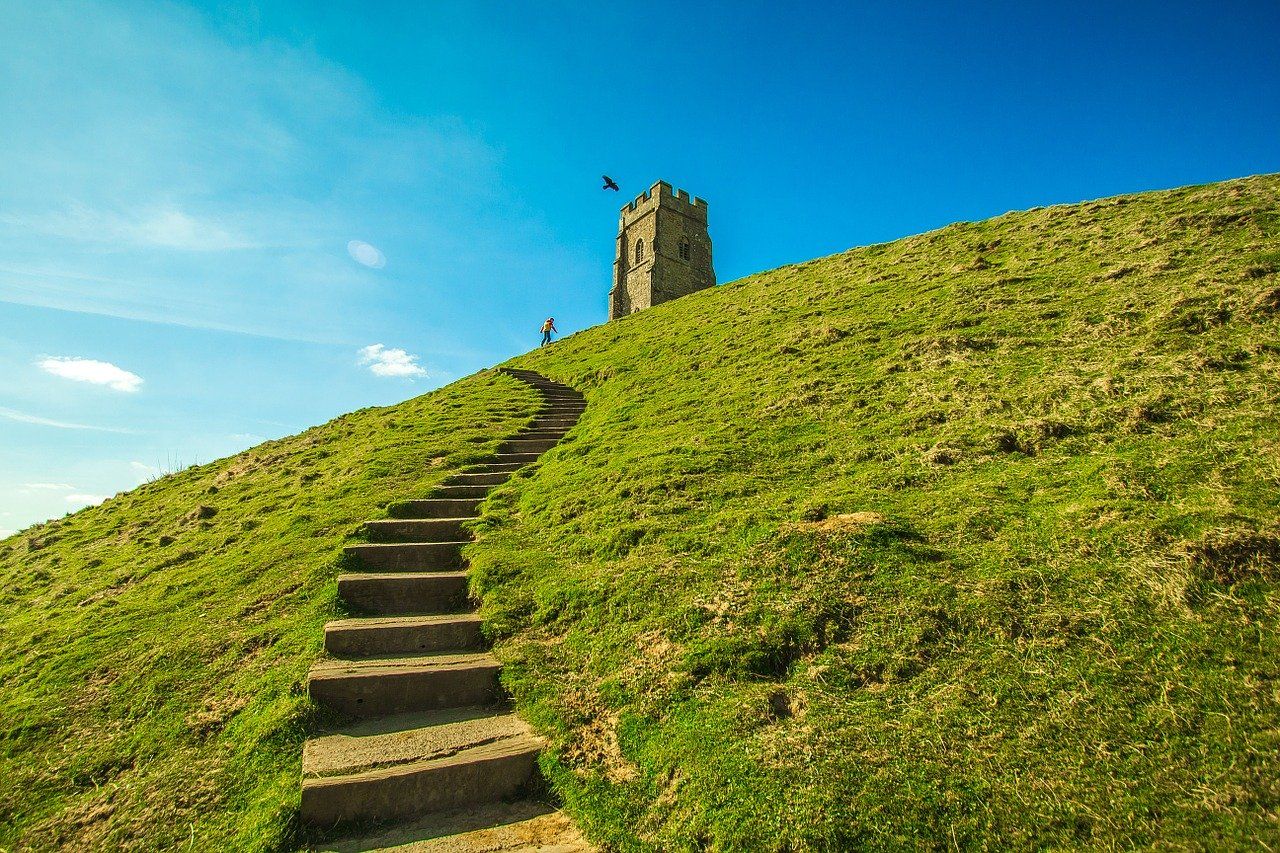
These are words that may start to ring alarm bells, conjuring visions of the kind of shops that sell tarot cards and runestones, and Reddy knows it. She is evidently wary that her search for magic in the landscape will be perceived, at best, as an idiosyncratic addition to the canon of nature writing. But she is both an experienced writer and traveller, and far from credulous; this is an open-minded exploration of where she has forged a spiritual connection with nature – and where she hasn’t.
“Sometimes I get the feeling that people think it’s all in my imagination or that I was playing a game, but it wasn’t that at all,” she says. “Writing the book was absolute proof for me that this dimension exists, it’s real, and it’s just a question of expanding one’s perception.”
What is appealing about Wanderland is the way the author is cheerfully unsceptical about potentially magical ideas from the outset, but doesn’t hold back from giving an honest appraisal. Reddy sometimes succeeds in her mission of uncovering this sense of magic in the landscape; but she is also frequently left cold or uninspired by what she finds.
The Glastonbury zodiac, for instance, is given a fair chance to prove itself as a magical interlocutor between man and nature, but Reddy’s guide “may as well be speaking Klingon” as far as she is concerned. At other times, where she has declared scepticism from the outset, she experiences unexpected “synchronicities”, including when a forced daydream inside a prehistoric chamber is echoed back to her in a surprise email from a stranger in the West Indies.
“Expectation does not always meet reality, but you keep going and then suddenly something does manifest,” says Reddy. “I couldn’t have planned the outcomes. That’s the whole point of magic, I guess. It’s elusive, and that’s what makes it so tempting.”
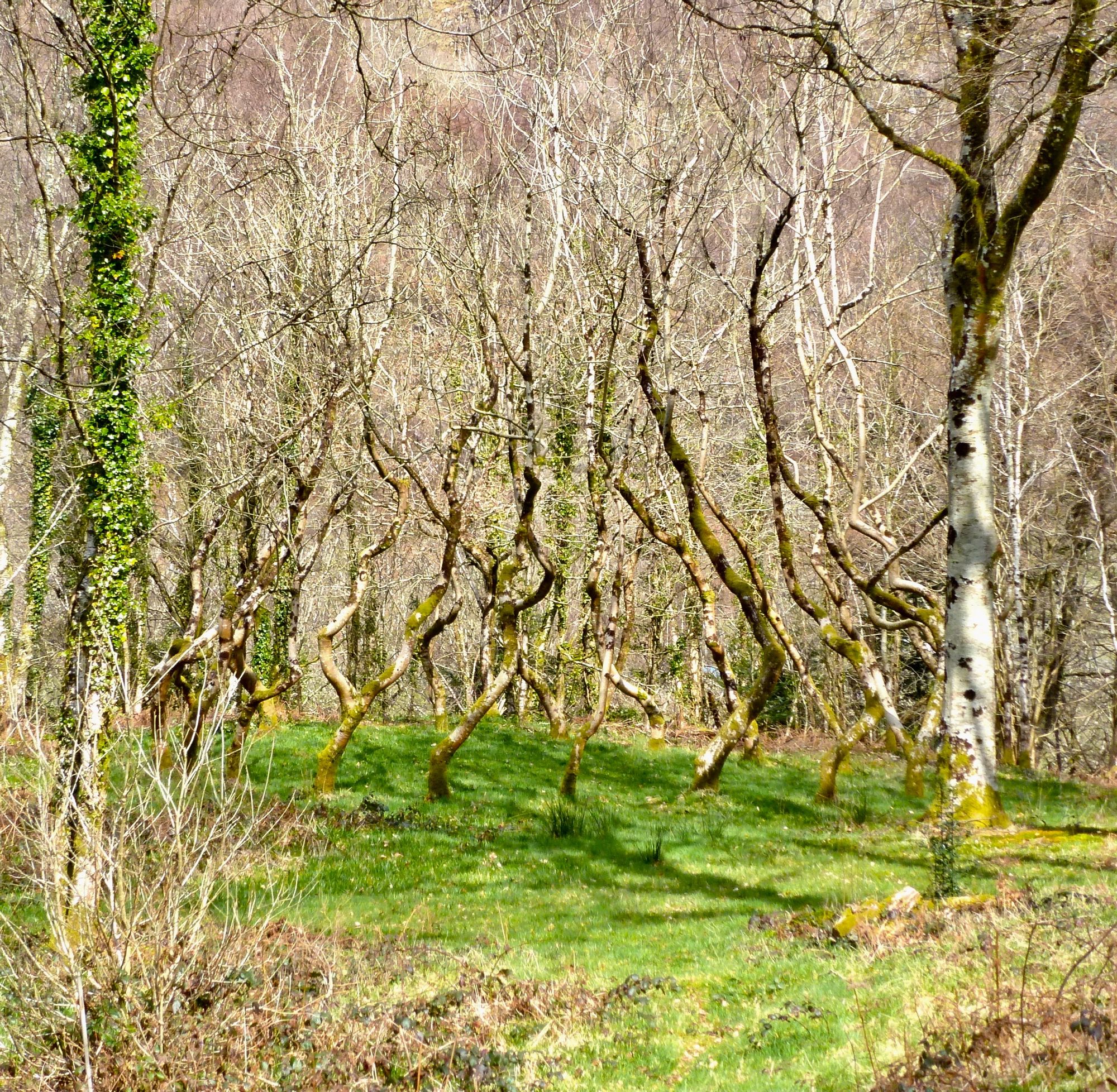
The relationship between humans and nature is central to Wanderland, but this takes place on a spiritual, appreciative level; the harm that humans have inflicted on nature takes a backseat. Nonetheless, I wonder whether there is a lesson for conservation in this: might we have more success at preserving the UK’s natural riches if we train ourselves to take a more spiritual approach to the land?
"Within conservation, there’s always a sense of people deciding what’s best for nature, and I never get a sense of anyone considering nature’s own voice, in the way that people from Indigenous cultures might,” says Reddy.
“Equally, with conservation, we need to ask who is benefitting from it? Who gets to have a say? Are we looking at conservation from a global perspective and considering all perspectives? When the National Parks were created in the U.S, Native Americans were forcibly removed from their lands. We don’t hear about that side of conservation very often,” she adds.
Very often, Reddy ends up in places that have been shaped, somehow, by man: labyrinths, towers and artworks, many of which already have long associations with magic and miracles. But Reddy looks beyond such connections. In Wanderland, magic is created by the landscape itself, and not by the stories that generations have written into the soil.
Image credits: Sophie Yeo, Jini Reddy, Diego Torres, Jini Reddy
Subscribe to our newsletter
Members receive our premium weekly digest of nature news from across Britain.
Comments
Sign in or become a Inkcap Journal member to join the conversation.
Just enter your email below to get a log in link.

